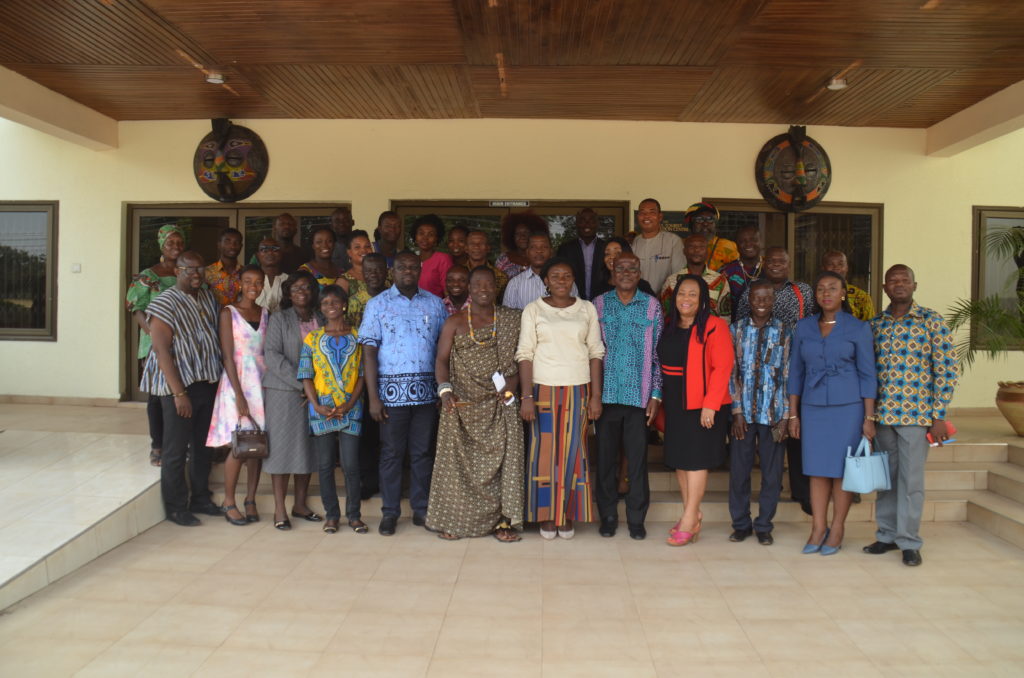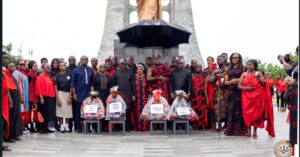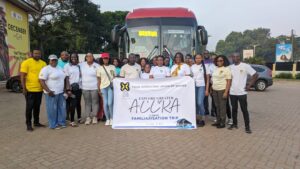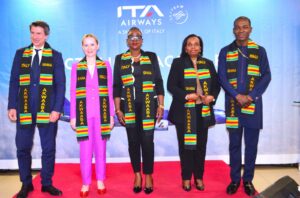Stakeholders within the hospitality and tourism industry gathered for two days within the Christmas holiday period to discuss ways by which Ghana’s premier hospitality training institute, the Hotel, Catering and Tourism Training Institute (HOTCATT) could be transformed into a world class facility to train professionals for Ghana and by extension, Africa’s growing hospitality and tourism industry.
HOTCATT, a once vibrant institution has had its fair share of administrative setbacks over the years since its inception in 1991. A lack of political will by successive governments to give it the needed support and investment has rendered it dysfunctional in an industry which would have fared much better if such an institution remained functional and relevant to the industry. In an industry which requires the highest standards of professionalism in the area of service delivery, HOTCATT should be the go-to centre for human resource development and capacity training.
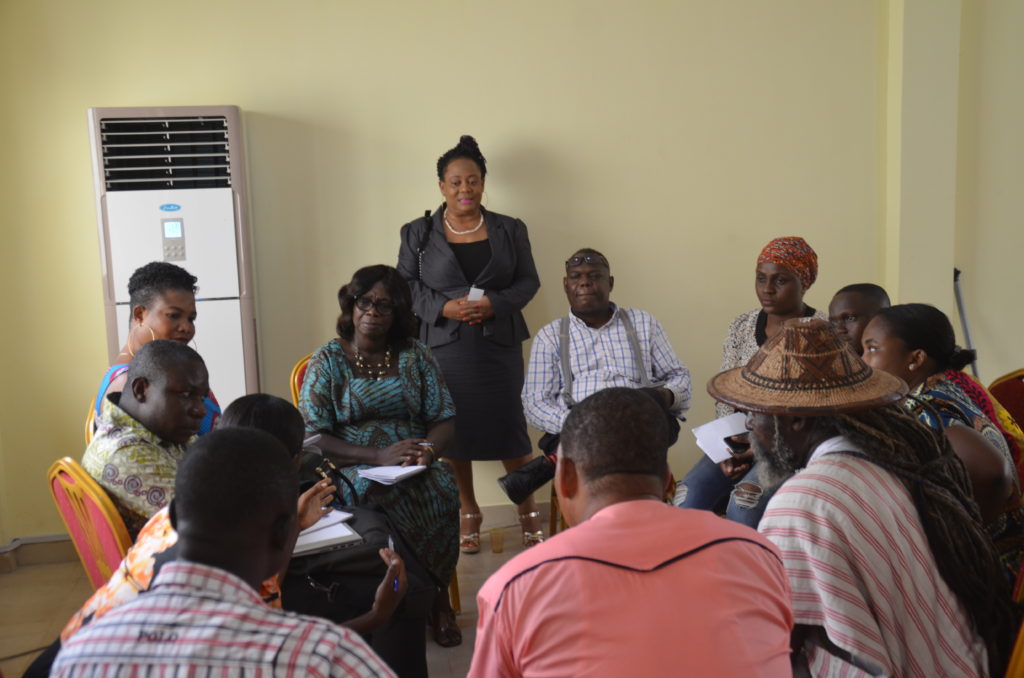
But at the sensitization workshop, stakeholders, who were drawn from many backgrounds including academia, entertainment, tourism youth groups, arts and entertainment, et cetera, discussed formulation of growth strategies, curriculum reinvigoration among others in a move aimed at breathing new life into HOTCATT.
The workshop primarily looked at rebranding the institution in the areas of a new name and strategically repositioning the institution to become more effective and efficient. Various syndicated groups engaged on topics such as, ‘Advantages and Disadvantages of Renaming,’ ‘Strategies for Excellent Branding’, ‘Reasons for Renaming’ and ‘Readiness for Reopening.’ There were also deliberations on Public Private Partnership, Financing, Curriculum and Accreditation.
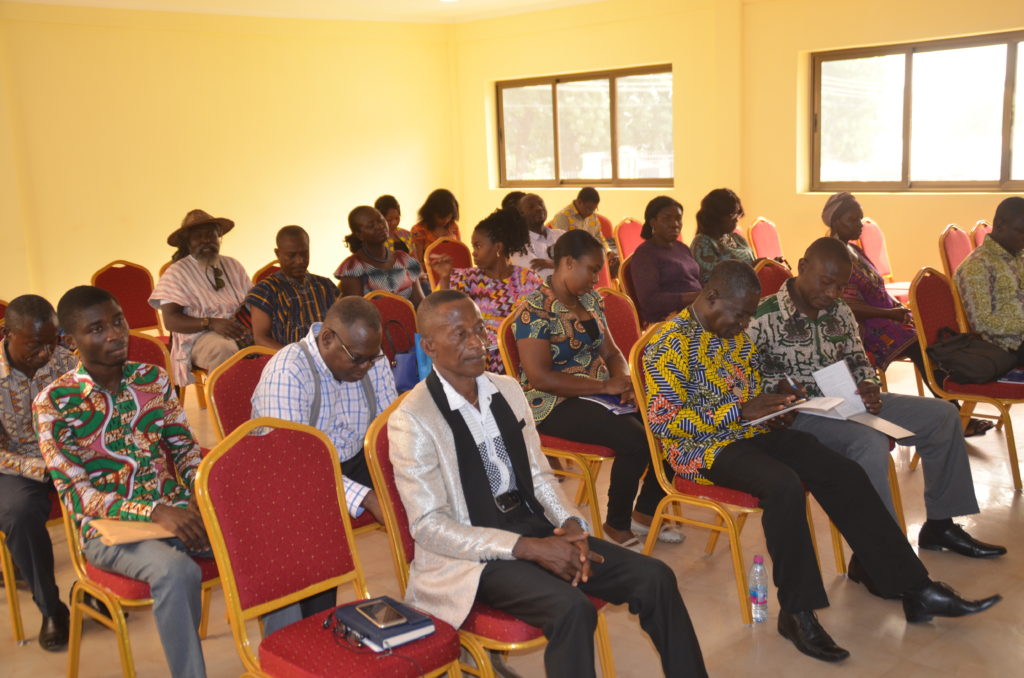
Madam Petrina Etu-Mantey Parkins, the new Director for HOTCATT, at whose behest the workshop was put together is hopeful the ideas gleaned from the stakeholder engagement would complement the ideas of her administration to help resuscitate the institution.
Minister of Tourism Arts and Culture, Catherine Afeku noted that HOTCATT in its current state could not live up to its core mandate of training hospitality industry professionals, hence the need to revitalize and retool it.
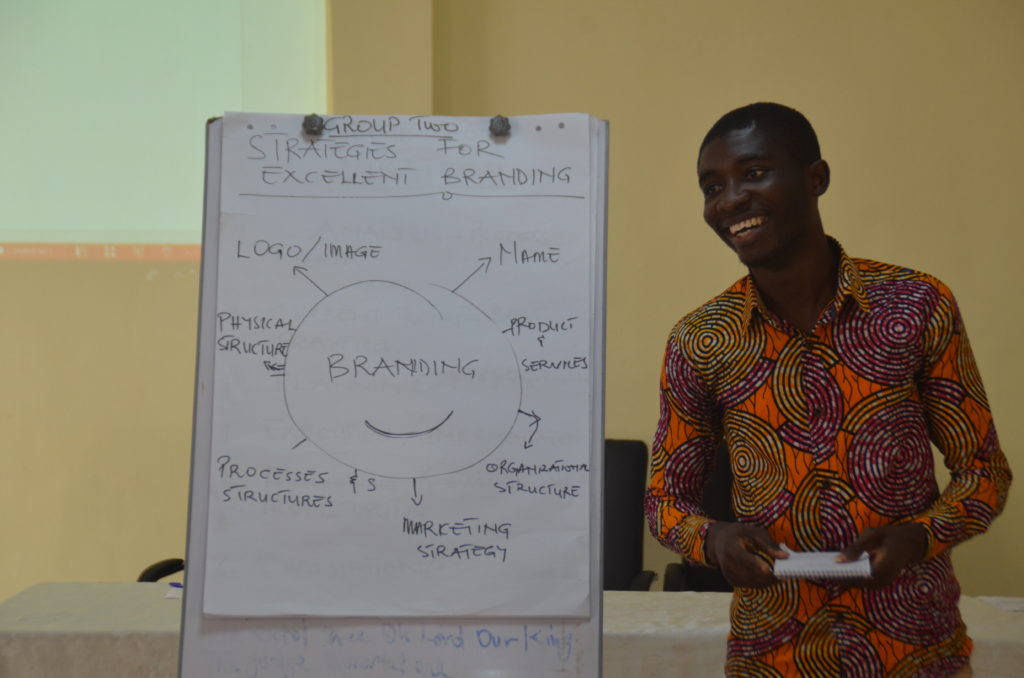
The Minister, whose speech was read on her behalf by Mr. Vitus Otto Lansgmagne, the Acting Chief Director of the Ministry, said a revived HOTCATT could become the chosen leading professional skills training institute on the African continent. She hopes the new HOTCATT will be able to provide students with the capacity building experience which in turn equip them with the requisite skills needed within the hospitality and tourism industries.
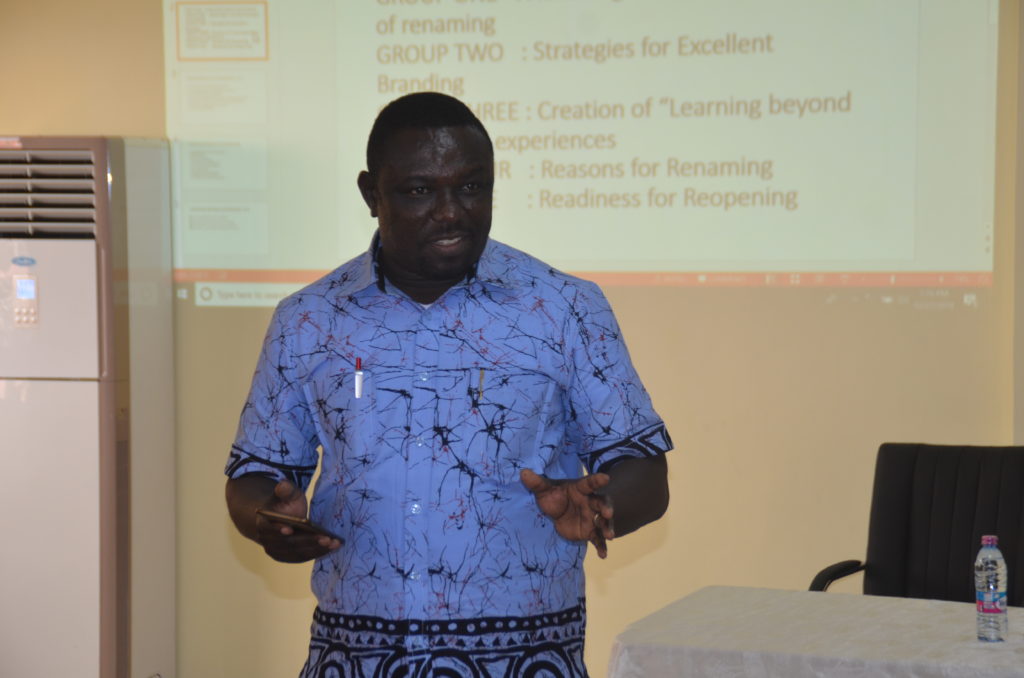
On the new name for the school for instance, participants agreed that a new name should reflect Ghana, therefore the need to look at the suggested “School of Tourism and Hospitality.” A new name, the Minister admits, could come at an expense, yet the benefit which includes; helping to deal with bad publicity, stale image as well as giving a sense of new direction could not be overlooked.
The Acting Chief Director on his part stated that with the crucial role the new HOTCATT will be playing, the Ministry will lend its support to revamp the facility into a modern state of the art training institution.
It is envisaged that the outcome of the workshop will be used as a baseline document for preparation of a policy document for HOTCATT.
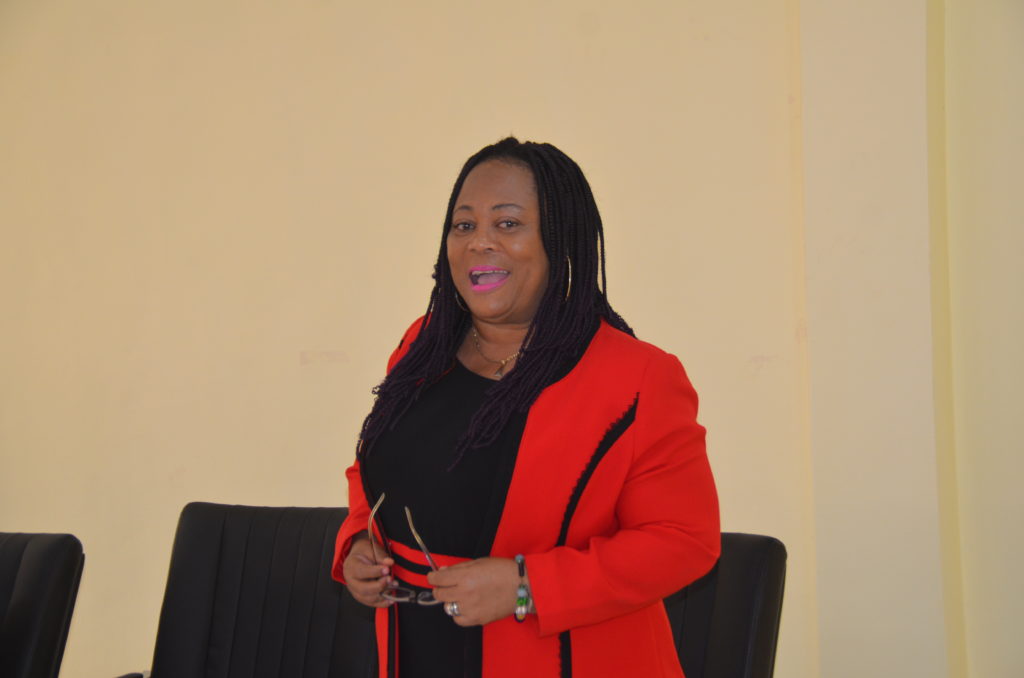
HOTCATT was initially designed by the International Labour Organisation (ILO) to train all categories and levels of personnel employed to work in Hotels, Catering Institutes and the Travel and Tour Operations. With joint Government of Ghana (GoG) and United Nation Development Programme (UNDP) funding and the technical assistance from ILO, at Non-Aligned Movement (NAM) Conference, it was agreed and its work based training unit was established in 1991.
Story by: Samuel Obeng Appah
@ObengAppah


